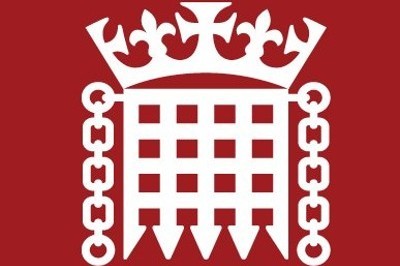My Lords, rather like the noble Lord, Lord Cormack, I think that the most important issue in front of us is the restoration of trust between us and the electorate. I first declare an interest as chair of this House’s Democracy and Digital Technologies Committee. As such, with the date of the general election seemingly in place, it seems only right to ask the Minister how prepared he feels the country really is to hold a free and fair ballot. Surely this House will agree that nothing could be worse than a contested election result.
For a number of years, it has been clear that our election laws have failed to keep pace with technological change. As we are all aware as a result of the Cambridge Analytica scandal—and it was a scandal—messages can be placed online with no information about who paid for them, which candidate they support and why. It has become increasingly easy for campaigns to use microtargeted messages to fan the prejudices of individuals, safe in the knowledge that the wider electorate will not be aware of them.
The Government have promised that they will introduce proposals for imprints on all online political advertising, as is the case offline. The Government launched a consultation in July 2018, but have as yet failed to put forward any proposals. Earlier this year, they also committed to hold a consultation on measures to protect electoral integrity, including measures to increase transparency in political advertising. However, that also is yet to appear.
When the Democracy and Digital Technologies Committee questioned civil servants on when this consultation would take place, we were told that the decision was still sitting with Ministers. The sense of government inaction is incredibly worrying. The Electoral Commission put forward perfectly sensible recommendations for updating electoral law almost a year and a half ago, and the Government have yet to respond to them. The written submissions to our committee are all but unanimous in agreeing with the Electoral Commission’s suggestions that all political advertising should, first, come with an imprint, and secondly, be recorded in real time on publicly available databases so that the electorate can see the nature of claims being targeted at different audiences. There must be greater transparency. This failure to act risks undermining voters’ faith in democracy as a whole.
There is a real danger that, following the coming election, the losing side could plausibly claim the result to be illegitimate due to dark messaging having been used to subvert the democratic process. That in turn would undermine the legitimacy of whoever was elected—precisely the goal of every malign foreign actor wishing to influence the outcome of our elections.
The objective of dictators across the world is to spread the idea that democracy is a chaotic process that fails to lead to stable government. Government inaction in allowing this election to go ahead without the minimum recommendations of the Electoral Commission being in place can only help those foreign actors achieve their aims. There are enormous and unresolved questions over how digital technology should be regulated to ensure that, over time, it can support rather than undermine our form of representative democracy.
The immediate changes that need to be made are obvious, and have been for a good while. For too long the Government have failed to act, to a point at which there are entirely legitimate questions to be asked—and indeed answered. We cannot go into this election without the degree of transparency that the public deserve if we are to maintain trust in our democratic system. In “getting Brexit done”, we could all too easily inadvertently destroy long-term trust in British democracy itself.


